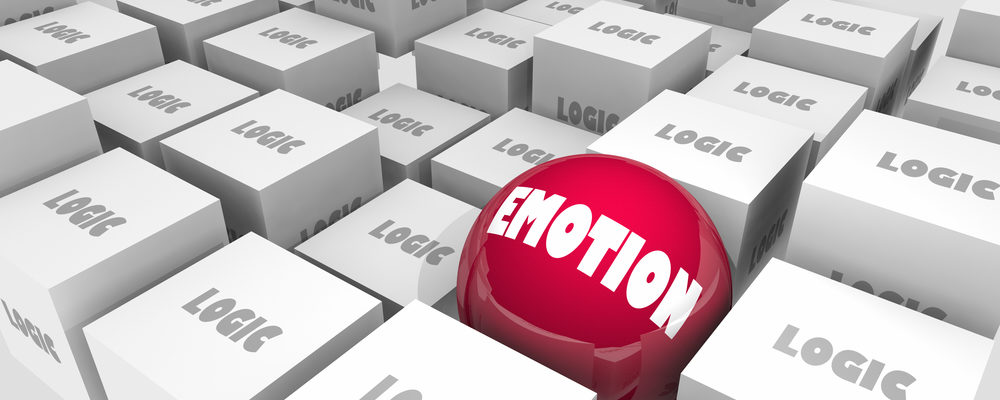The role of human emotions in our decision-making processes has come under the spotlight in a Business Insider interview with Svetlana Gherzi – a behavioural scientist for UBS Wealth Management. In Gherzi’s view, human nature “gets in the way when it comes to making investment decisions”.
Gherzi points out: “Sometimes even good intentions can be ruined because of our human nature”. One example of how this can occur, she argues, is through overconfidence, which leads us to “systematically overestimate our true knowledge and our ability to forecast”.
She adds: “Obviously, if you know this much and we think we are way above average, it leads to chasing specific stocks, chasing performance, lack of diversification, holding concentrated stock positions, and so on. So … to give you an even more extreme example of overconfidence, think about a bubble. Every bubble is accompanied by a great dose of overconfidence. Herding behaviour, overconfidence, excitement.”
Typically, when the subject of emotions in decision making is discussed, the discussion will turn to ‘gut feeling’: a more impulse-based, rather than intellectual, benchmark for deciding whether or not to take a particular course of action. But can gut feeling fall prey to the very types of overconfidence and confirmation bias that Gherzi argues will detract from our higher faculties? Is gut feeling always the prelude to misjudgements?
These issues have clearly been weighing on the collective mind of the esteemed Nobel Committee, who on 9 October handed their Economic Sciences award to Richard Thaler – leading proponent of so-called ‘nudge theory’: the notion that small changes in particular environments can have a significant influence on human behaviour – for example, the careful placement of retail goods on shelves to increase the likelihood that people will buy them. The Committee was impressed by three, key ideas in Thaler’s research:
- Deviations from ideally rational behaviour systematically shape economic decisions
- Self-control problems can prevent people from following plans through to their end points, even if those individuals can picture how to complete their plans
- Social preferences are essential for economic decision-making
In addition, the Committee noted, “Thaler has provided empirical evidence suggesting that individual psychological aspects do not disappear when many economic agents interact together in markets.” In other words, people do not always act rationally and – in many respects – it is unrealistic to expect everybody to tow a rational line, even when the stakes are relatively high.
Another thinker who has popularised the importance of intuition in decision making processes is author Malcolm Gladwell, who in his book Blink discussed the critical value of first impressions as a decision-making tool.
In an interview about the book, Gladwell said: “We live in a society dedicated to the idea that we’re always better off gathering as much information and spending as much time as possible in deliberation. As children, this lesson is drummed into us again and again: haste makes waste, look before you leap, stop and think. But I don’t think this is true. There are lots of situations – particularly at times of high pressure and stress – when haste does not make waste, when our snap judgments and first impressions offer a much better means of making sense of the world.”
He added: “One of the stories I tell in Blink is about the Emergency Room doctors at Cook County Hospital in Chicago. That’s the big public hospital in Chicago, and a few years ago they changed the way they diagnosed heart attacks. They instructed their doctors to gather less information on their patients: they encouraged them to zero in on just a few critical pieces of information about patients suffering from chest pain – like blood pressure and the ECG – while ignoring everything else, like the patient’s age and weight and medical history. And what happened? Cook County is now one of the best places in the United States at diagnosing chest pain.”
It is clear that while gut instinct – as Gherzi suggests – may have its limitations, it is never helpful to shut out its voice entirely.
For further thoughts about decision making, check out these learning resources from the Institute

